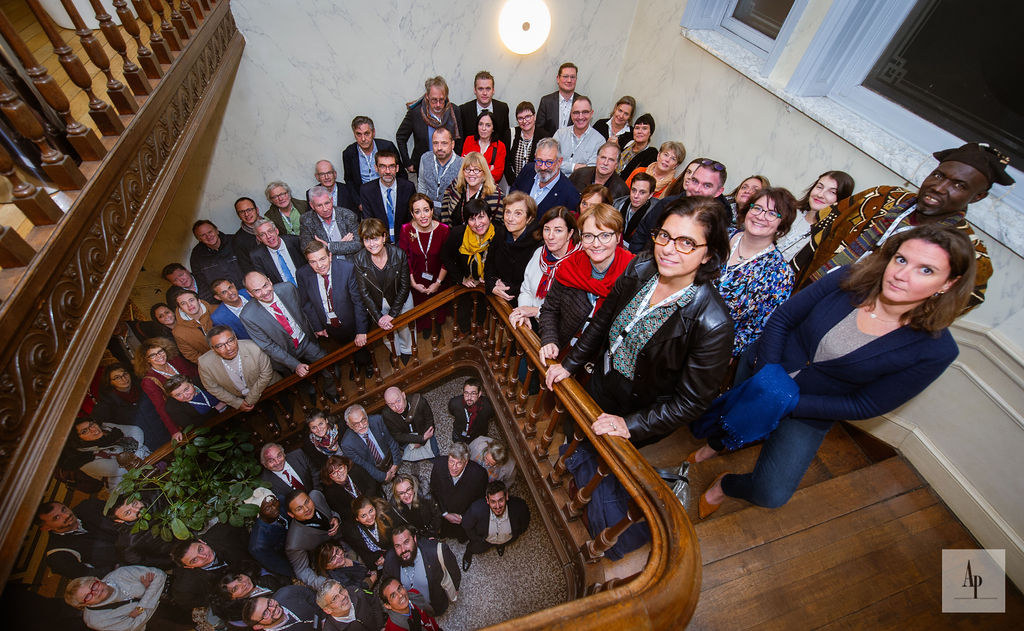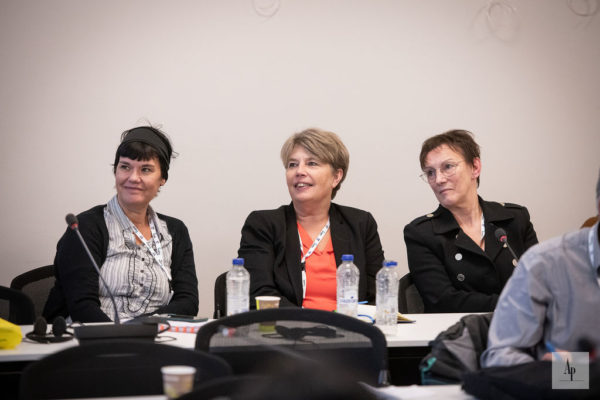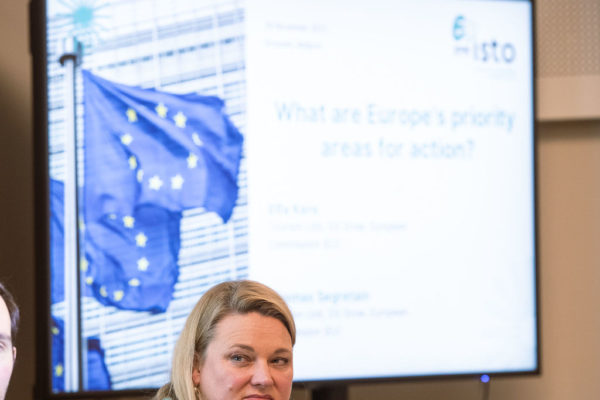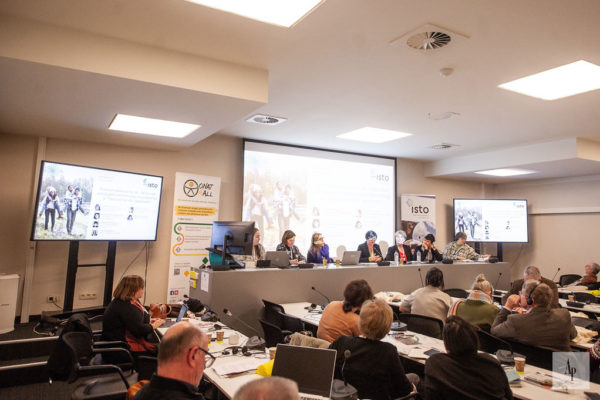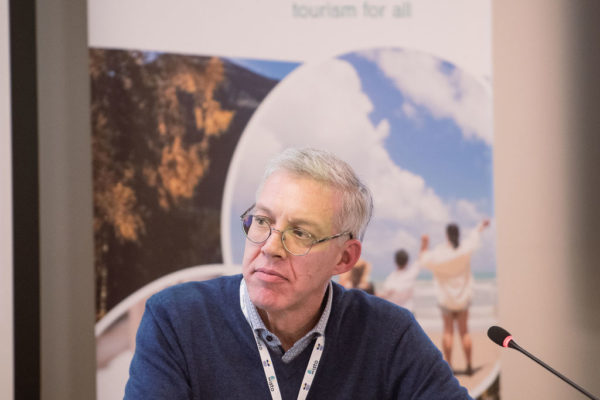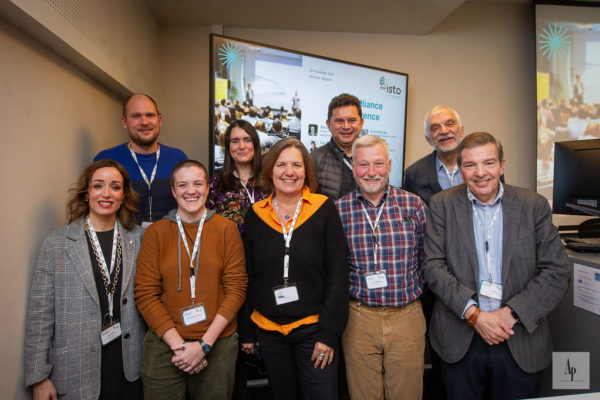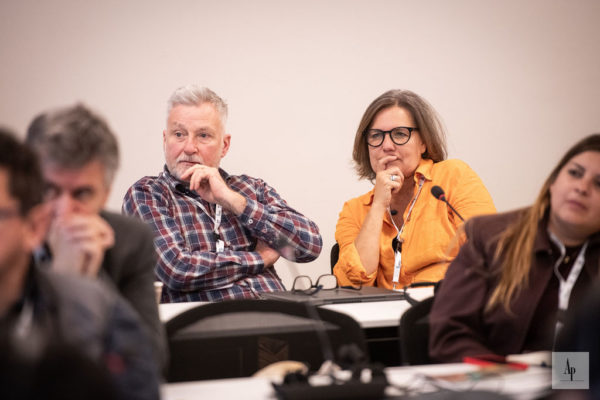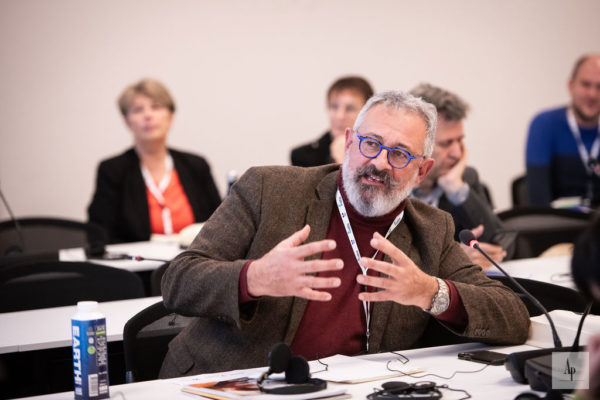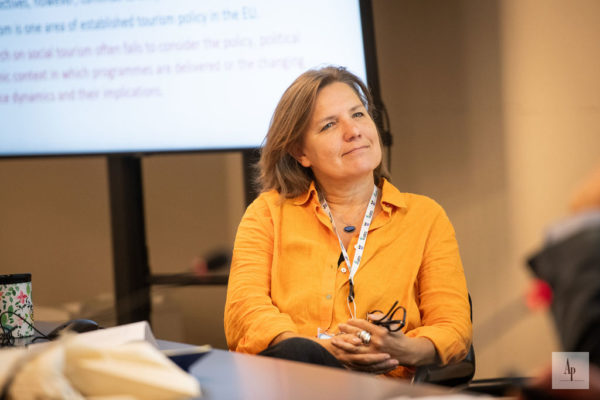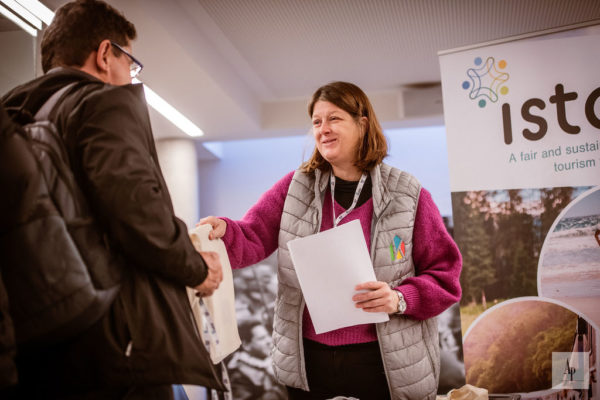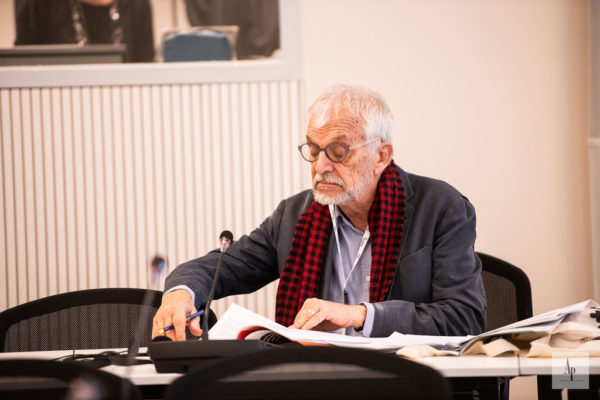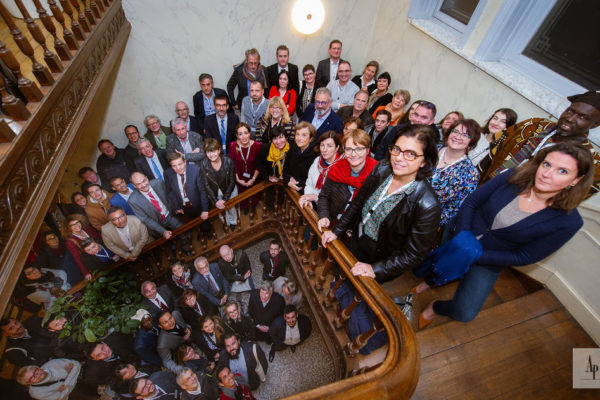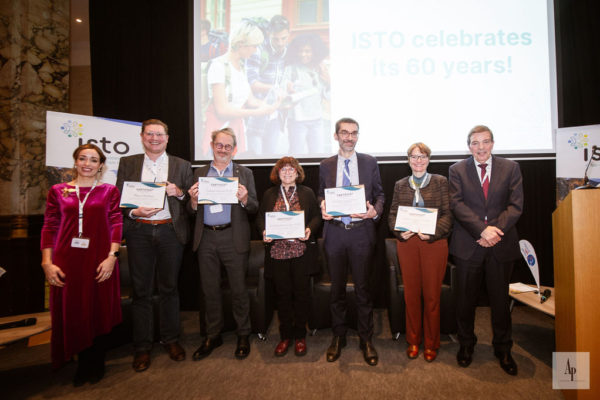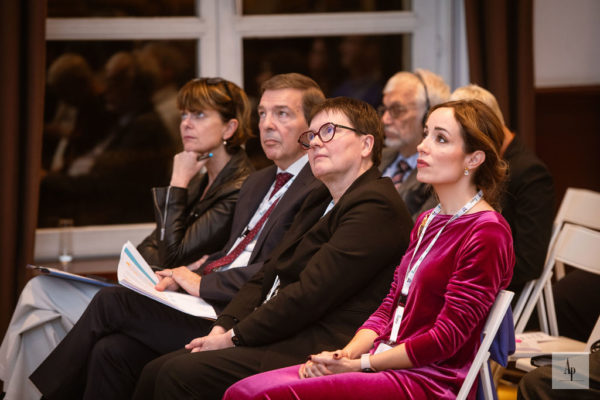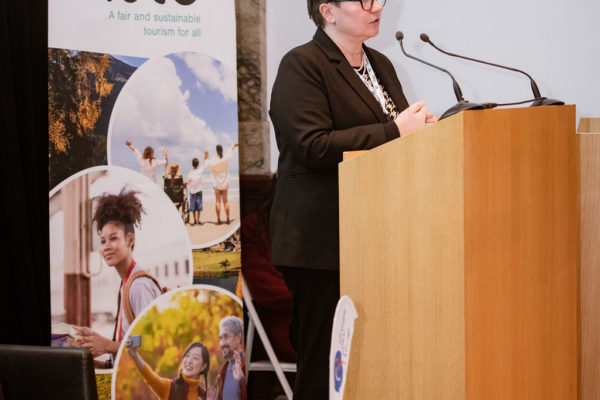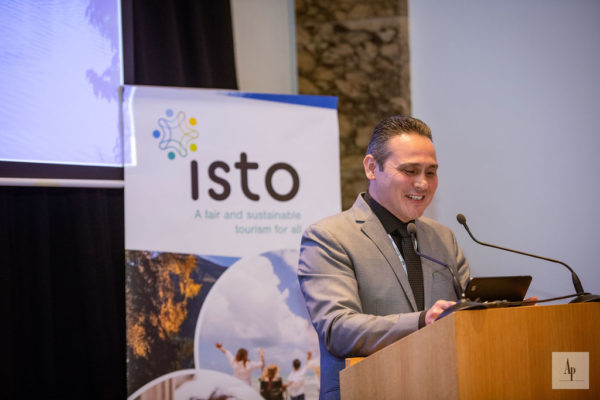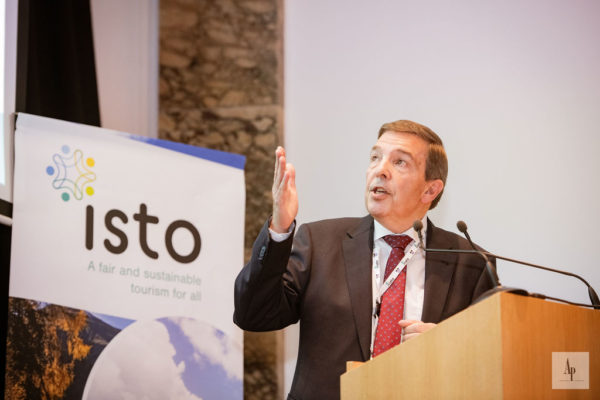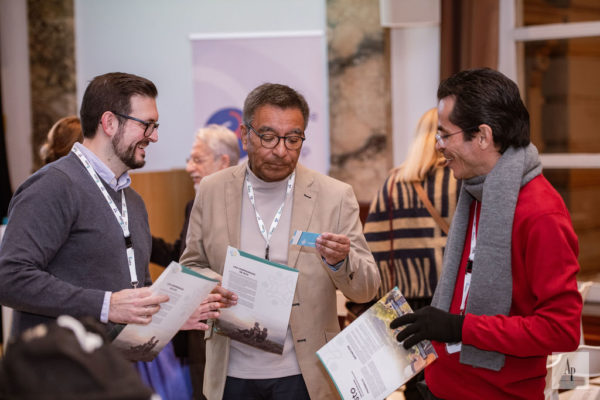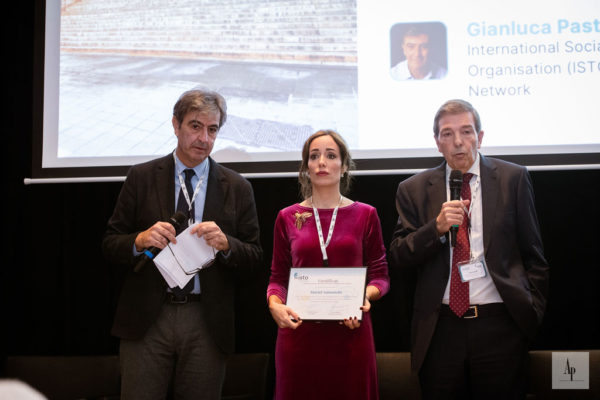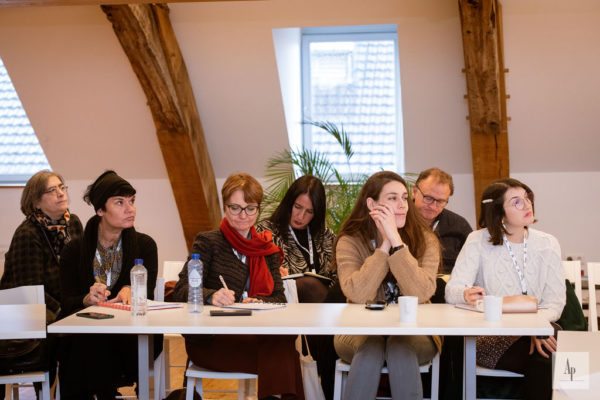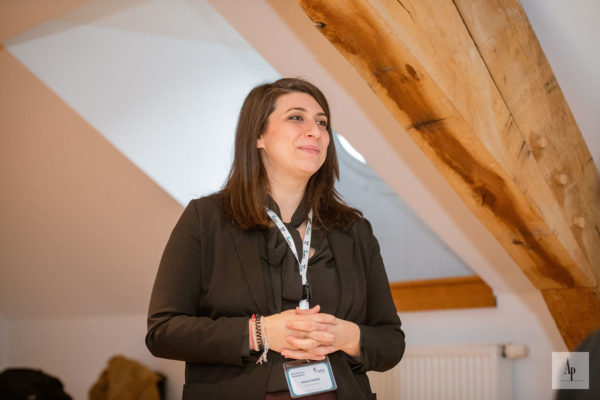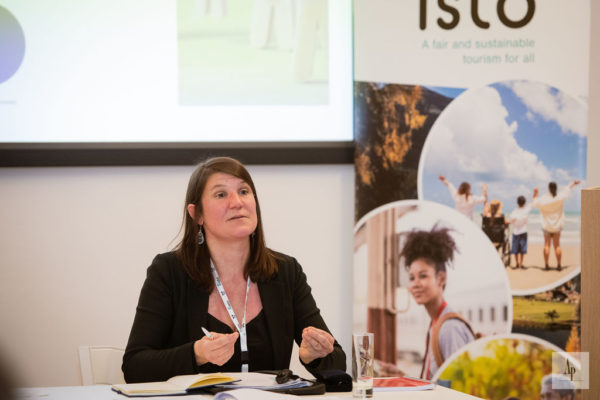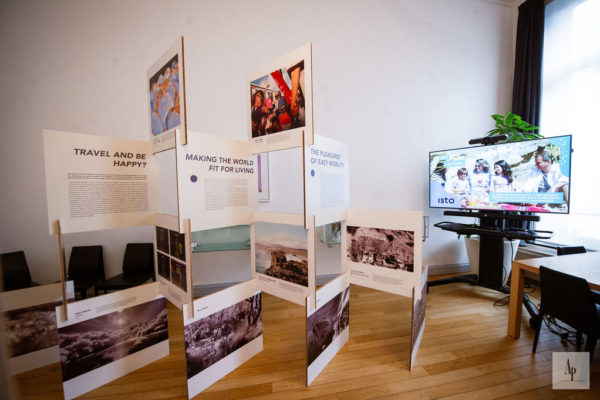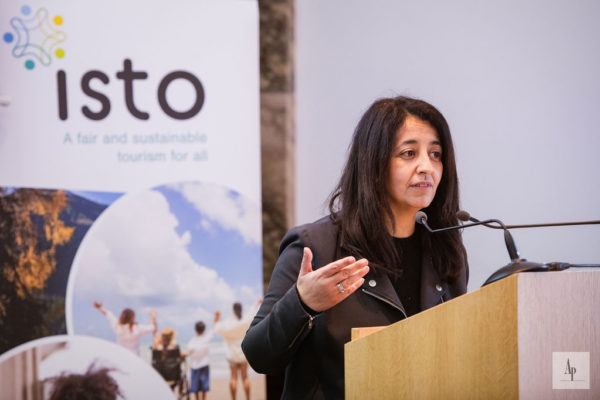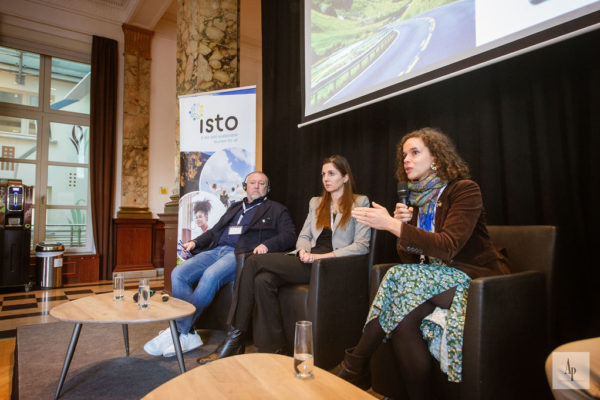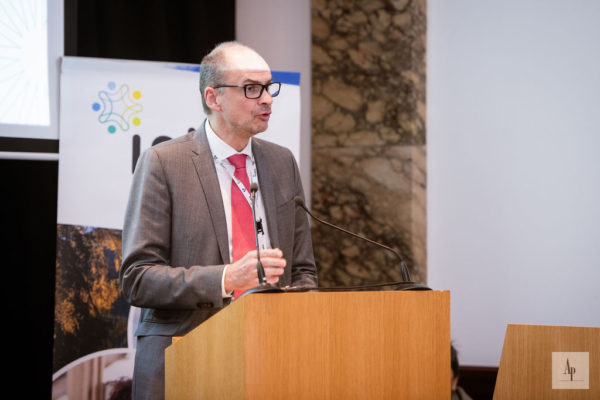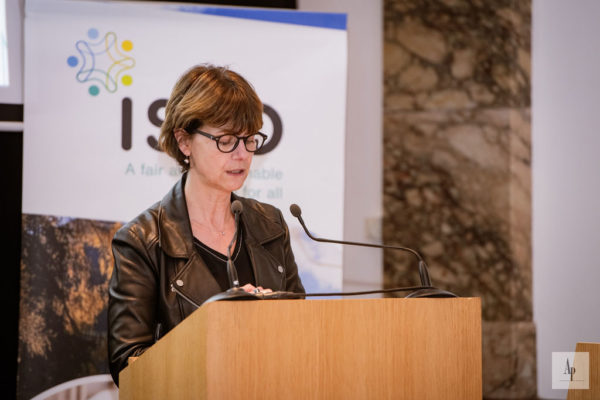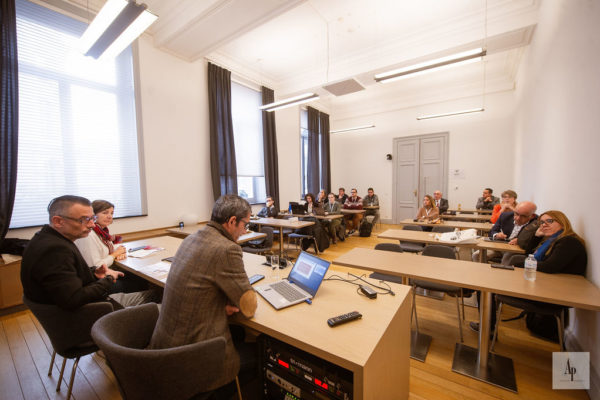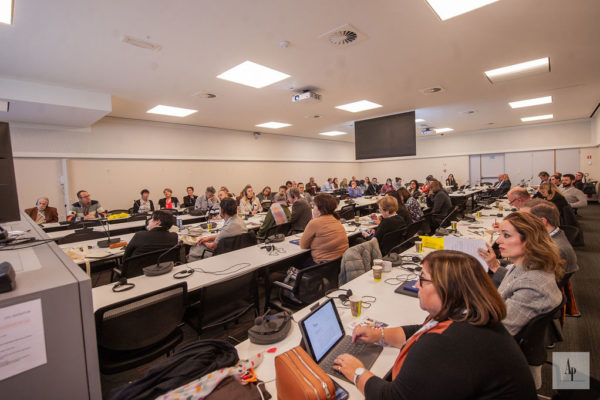The International Social Tourism Organisation (ISTO) presented a new reference text on the Social Sustainability of Tourism to its members and partners meeting in Brussels from 28 to 30 November to mark its 60th anniversary.
By publishing this second addendum to the Montreal Declaration adopted in 1996, ISTO, a key player in social and solidarity-based tourism, is affirming that the social sustainability of tourism is the major pillar of its sustainable development, the entry axis that acts as a lever to activate the other two pillars, economic and environmental.
This addendum, which presents a definition of the social sustainability of tourism and criteria for evaluating this sustainability, is aimed at ISTO members and all tourism stakeholders. With this document, ISTO invites them to exchange and collaborate on the implementation of genuine social sustainability, which in the future will have to take the form of the introduction of indicators enabling the progress made in this field to be measured and compared.
The 188 participants from 25 countries in Europe, the Americas and Africa also took part in a series of events organised by ISTO to mark the organisation's 60th anniversary. The first of these was the Alliance for Training and Research Conference, which brought together researchers to discuss the impact of environmental and societal phenomena and the development of social and fair tourism systems and practices.
This was also the case with the ISTO Europe Forum on the overall theme of "Sustainability, transitions, mobility: building tomorrow's tourism", at which representatives from the European Commission (DG GROW/Tourism Unit) and the European Parliament (Transport and Tourism Committee) took part.
Among the topics discussed were inclusive tourism and territorial development, accessibility to adventure and outdoor tourism (ONAT4ALL project), the future of Tourism for All policies, the EU's priorities with the Tourism Transition Pathway, sustainable mobility (cycling, rail, greenways) and the challenges of innovation and governance in relation to the Sustainable Development Goals (SDGs).
Other subjects were also addressed in workshops, with the aim of providing answers to questions and issues concerning employment in tourism and how to attract young people in the future, ethics and yield management, developments concerning the Alpha generation, sustainable tourism business models for youth organisations and tourism for senior citizens.
It is important to note that the ISTO Board of Directors, meeting for the occasion, formally accepted the invitation from the Costa Rican Tourism Institute (ICT) to host the next ISTO World Congress in October 2024. The ICT, which is a member of ISTO, has been involved for several years in developing policies and programmes to promote sustainable tourism for all, which has helped to make Costa Rica a reference point for many examples of good practices in this field.
Headquartered in Brussels, ISTO currently brings together more than 185 organisations in 45 countries. Its twofold mission is to encourage the development of tourism for all and to make holidays accessible to as many people as possible, as well as to promote and support tourism that gives priority to serving people, communities and regions, and that is identified in particular under the terms of responsible, fair or solidarity tourism.
